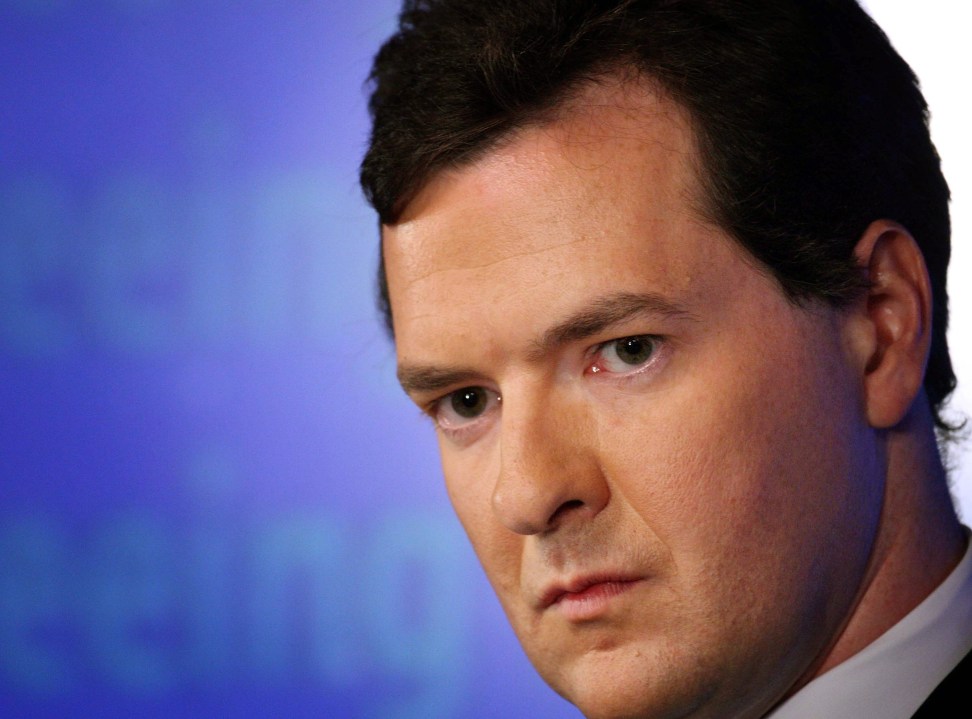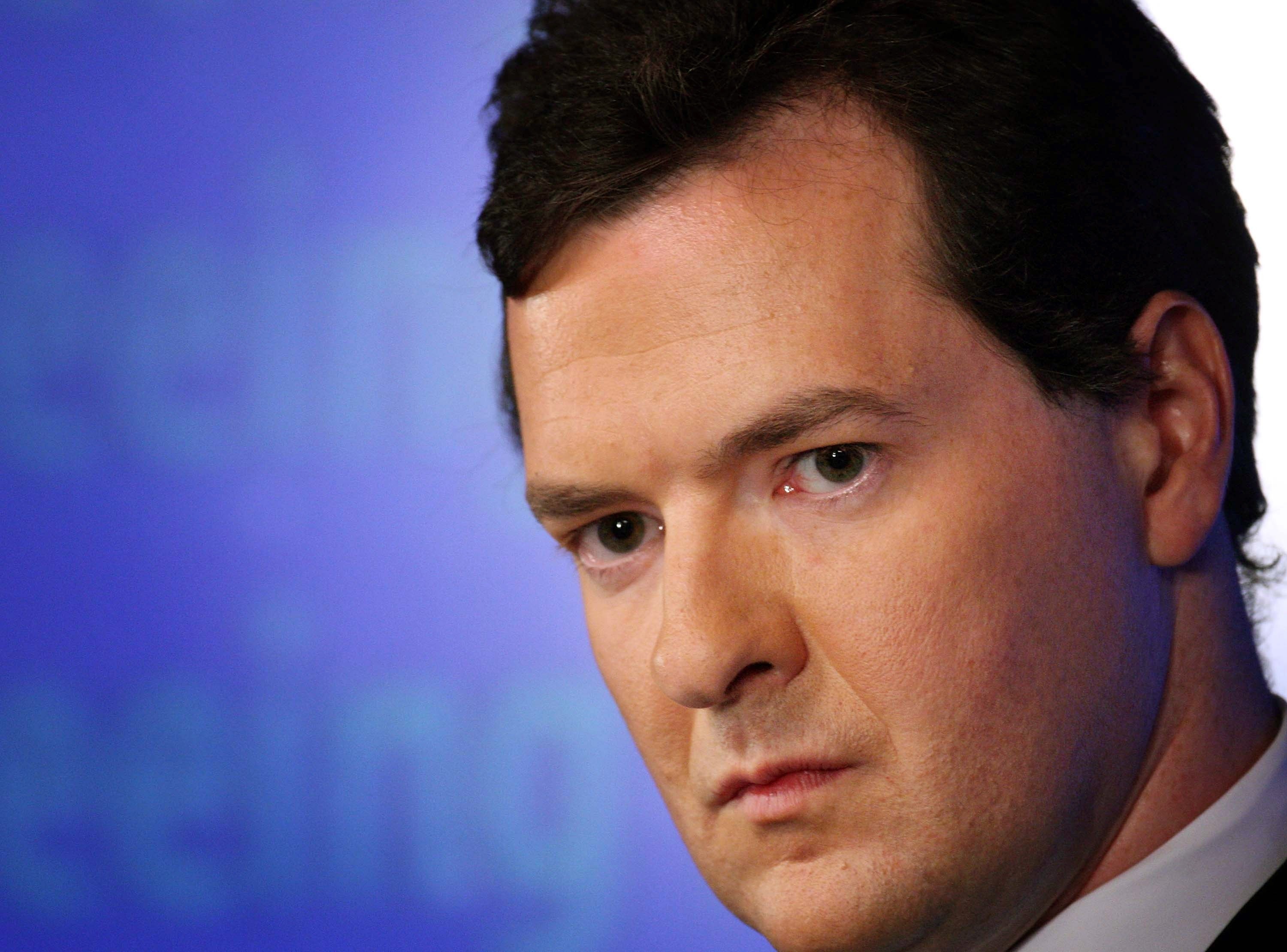 A first for British politics – standing room only in a speech about economics. George Osborne was at Policy Exchange laying out his “alternative view” and, as he went, ticking many of the boxes I had for him. The first half of his speech was a punchy critique of Gordon Brown, pointing out times where he and David Cameron had mentioned the debt problem. He “imported deflation from Asia,” he said. – and two years ago the Tories had warned about “an economy built on debt is an economy living on borrowed time.” That phrase is very true now. Labour has repeated the mistakes of its past. Anyway, you can read the rest of the speech here.
A first for British politics – standing room only in a speech about economics. George Osborne was at Policy Exchange laying out his “alternative view” and, as he went, ticking many of the boxes I had for him. The first half of his speech was a punchy critique of Gordon Brown, pointing out times where he and David Cameron had mentioned the debt problem. He “imported deflation from Asia,” he said. – and two years ago the Tories had warned about “an economy built on debt is an economy living on borrowed time.” That phrase is very true now. Labour has repeated the mistakes of its past. Anyway, you can read the rest of the speech here.
He slipped out of the vernacular for the second half of his speech, which wasn’t as good and aimed at the financial sector. It was about banks swapping mortgage-backed securities for gilts, off-balance-sheet liabilities etc. All relevant stuff, but on a different wavelength. Andrew Porter from the Daily Telegraph asked him what this boils down to – why would a financially stressed Mondeo Man want a Tory government? He replied that the Tories would abolish stamp duty and help Mondeo Man on to the housing ladder and give support to the property market at this difficult time.
Hang on. If the property market is crashing, how would it help Mondeo Man to be lured into this market? And why on earth would a Tory government want to give help to a property market they believe is overblown and due a correction? I asked him this.
Osborne deflected well. A Tory government will not be in for a while, he said, so this is not a comment on today’s house prices. Property ownership is a good thing, to be encouraged in general.
I pressed him on whether he believes there has been, or still is, a housing bubble – he had been careful in his speech to talk about a debt bubble and asset bubble but not a housing one. The word “bubble” implies that a sharp burst is coming.
He said yes, there “has been” a housing bubble. Is there still one now, I said? Halifax said prices are going down 2.5% he replied, do it doesn’t seem like it. There can still be a bubble if prices will fall by 30% as the IMF say, I replied. Well, he said, it’s fairly clear that “we’re in the bust bit, not the boom bit”, now he said.
I’m not sure if he quite intended to go that far – “bust” makes for a good headline, as we see above – but I think his analysis is right. It’s a brave politician who calls the top of the market, next thing you know you’re portrayed in the papers as Private Frazer. But Osborne is right to call this bust by its name. Events in the next months, I suspect, will bear this out in full.








Comments